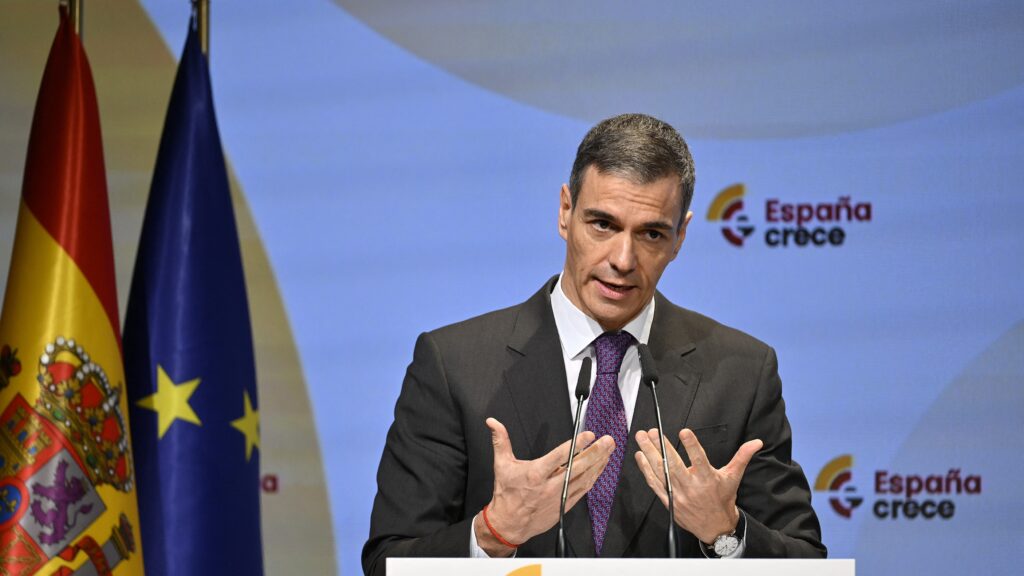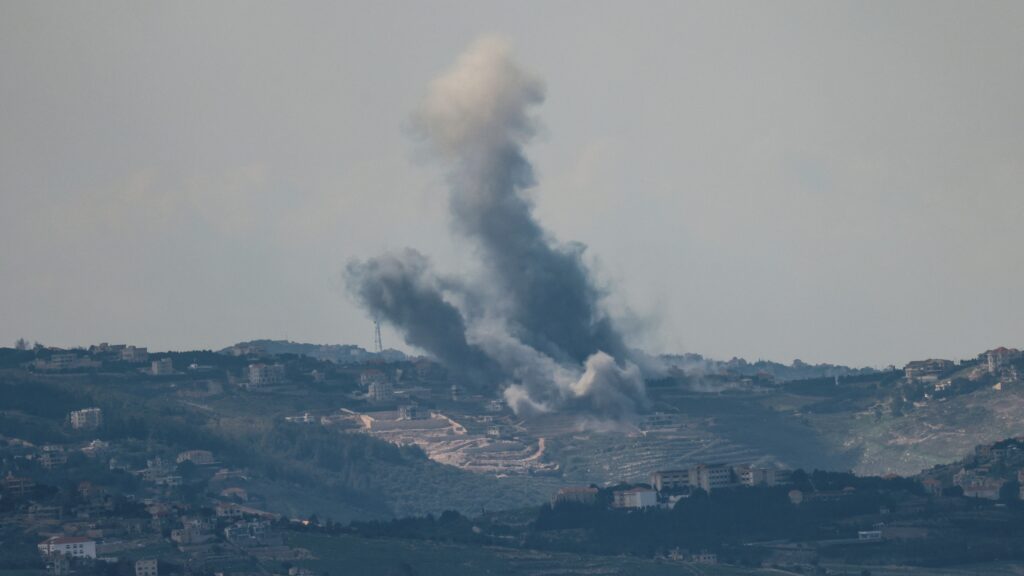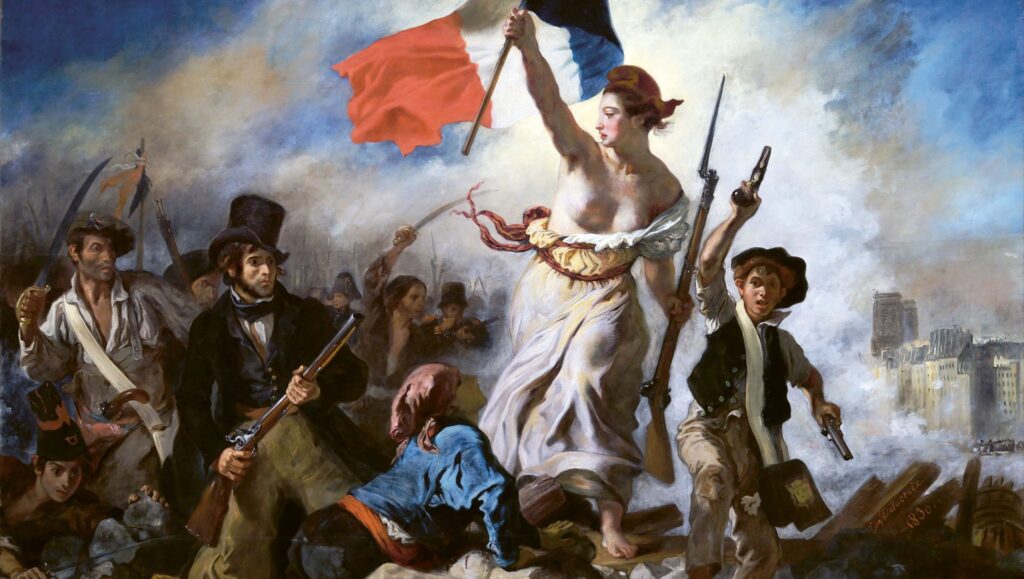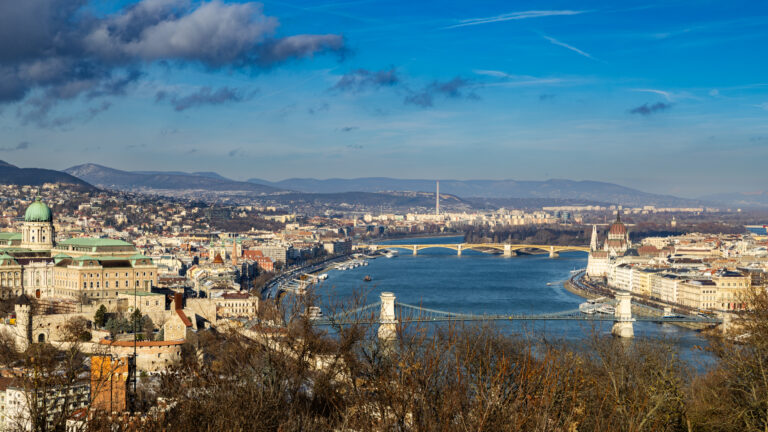‘I have raised a chosen man from my people, with my holy oil I have anointed him so that my hand is always with him and my arm strengthens him.’
(Psalm 89, 20)
These are the words of the Introit, the psalm verse that opens the Mass on the feast of Pope St. Pius X (r. 1903–1914), which is celebrated today in the Traditional Roman Catholic Calendar—it was commemorated on 21 August in the New Rite. When he was canonized in 1954, Pius X was, in fact, the first pope to be recognized as a saint by the Catholic Church since the canonization of Pope St. Pius V in 1712 by Pope Clement XI.
Pope Pius X, for us Catholics, is perhaps best remembered for his battle against modernism within the Church when he promulgated his Encyclical Pascendi Dominici Gregis (1907). He is also considered the ‘Pope of the Eucharist’, as he lowered the age for receiving First Holy Communion from 14 to seven, believing that young children should have access to the grace of the Eucharist. Yet, less well known is his crusade for peace and his remarkable political insight, through which he foresaw the outbreak of World War I (WWI)—referred to as the Great War before World War II—years before it erupted.
The outbreak of WWI was no surprise to him, for he knew that the European powers were already looking for an excuse to go to war, Germany in particular. Indeed, as early as 1912, distraught by European saber-rattling, the Pope told his Secretary of State, Cardinal Merry del Val: ‘Le cose vanno male, viene il guerrone.’ (‘Things are going badly, the Great War is approaching.’)
The Great War
Many conspiracists, or rather those who are unfamiliar with the historicity of WWI, hold that the war was a masonic plot construed by the secretive Serbian nationalist movement, the Black Hand, to get rid of the last Catholic monarchy in Europe, Austria–Hungary, which was dissolved at the end of the war. Such people point to the assassination of the heir to the Austrian–Hungarian throne, Archduke Franz Ferdinand, in Sarajevo, Bosnia, on 28 June 1914, who was gunned down by the Serb nationalist Gavrilo Princip, a member of the Black Hand.
It certainly cannot be denied that Serbian nationalism, which the Black Hand propagated, demanded greater autonomy from Austrian–Hungarian rule. Their nationalist roots lay in the desire of the Slavic peoples in Bosnia and Herzegovina to break away from Austria–Hungary and join Serbia. In 1878, Serbia gained independence from the Ottoman Empire and claimed several regions of Bosnia and Herzegovina, which were inhabited primarily by Serbs. However, on 13 July of the same year, Germany, under Article 25 of the Treaty of Berlin, granted permission to Austria–Hungary to occupy these disputed territories—naturally, the Serbs had absolutely no say in the matter. Austria–Hungary officially annexed all of Bosnia and Herzegovina in 1908, further fueling Serbian nationalism.
‘Nevertheless, the cause or causes of WWI were altogether unrelated to the assassination of Archduke Ferdinand’
The Serbs faced significant ethnic discrimination, were often marginalized, and kept from a proper education; most were illiterate as a result of austere policies in which many faced poverty and unemployment. Incidentally, the Serbians in Austro–Hungarian captivity during WWI received the worst treatment of all prisoners, with tens of thousands dying of starvation. In fact, between 150,000 and 200,000 Serbian men, women, and children were deported to internment and concentration camps, where they faced inhumane conditions and brutal treatment. Nevertheless, the cause or causes of WWI were altogether unrelated to the assassination of Archduke Ferdinand.
The actual cause, in the end, was a power struggle among the European powers, with Germany in particular. And the assassination was exploited by the Germans to get the Austro–Hungarians, who at that time were German pawns, to join their war effort.
The Germans, in comparison to the British and the French, were at a disadvantage in terms of territorial expansion and empire-building in Europe and overseas at the start of the 20th century. They thus wanted to assert themselves as a major global power. By crippling Great Britain, Russia, and France, in what was thought to be a brief and decisive war, like the Franco–Prussian War (1870–71), Germany deliberately used the crisis—the assassination of Archduke Ferdinand—in relations between Austria–Hungary, backed by Germany, and Serbia, backed by Russia, as an excuse for a general war that would establish German hegemony.
The Great War officially began on 3 August 1914 when Germany declared war on France and invaded Belgium. Great Britain, committed to Belgium’s neutrality, declared war on Germany the following day. By the end of the month, Germany, Austria–Hungary, and Turkey found themselves at war with Britain, France, Russia, Japan, Serbia, and Montenegro. The United States entered the war in 1917, a move that proved pivotal in the defeat of Germany and its allies.
The German-backed Austro–Hungarian Empire attempted to lure Pope Pius X—aware that he remained a powerful voice for millions of European Catholics—onto its side. A month before the bloodshed began, Pius X sent a letter to the Austrian–Hungarian Emperor Franz Joseph, pleading that he find a peaceful solution to the Serbian crisis. He responded by sending his ambassador to the Pope to ask him to bless the arms of his country, to which Pius X replied: ‘I do not bless arms but peace.’ Foreseeing the inevitable, the Pope—although he never gave up on peace—decided to dedicate himself to securing the Church’s full socio-political independence from European powers.
Defending against the Whim of the State
Pope Pius X recognized that for the Church to function properly, it must be free from external political coercion. Thus, his first salient act as pope was to end the supposed right of governments, specifically Austria–Hungary, to interfere by veto in papal elections—a practice that had reduced the freedom of the 1903 conclave, which had elected him.
During the conclave of 1903, Cardinal Jan Puzyna de Kosielsko, the Prince-Bishop of Krakow, and a subject of Austria–Hungary—acting on instructions from the Austrian–Hungarian Emperor Franz Joseph—exercised the Emperor’s right of jus exclusivae, that is, to veto one candidate—in this case, the Cardinal Secretary of State Mariano Rampolla. The veto had initially been a tool granted by the Roman Church to prevent the appointment of bishops who were seen as politically aligned with nationalist movements.
‘I do not bless arms but peace’
Another bold move against the whim of the European body politic occurred in 1905, when France renounced its agreement with the Holy See and threatened the confiscation of Church property if governmental control over Church affairs was not granted. The Pope flatly rejected the demand. And, while Pius X did not author a famous social encyclical as his predecessor, Leo XIII had done with Rerum Novarum (1891), he publicly condemned the mistreatment of indigenous peoples on the plantations of Peru, sent a relief commission to Messina after an earthquake, and sheltered refugees at his own personal expense.
All of this may seem trivial, but such peace efforts can never be forsaken, even when peace seems impossible. Like Pope St. Pius X—and as reflected in Pope Leo XIV’s recent writings—let us never give up on peace, especially when so many world leaders appear unfamiliar with its true meaning.
The views expressed by our guest authors are theirs and do not necessarily represent the views of Hungarian Conservative.
Related articles:







